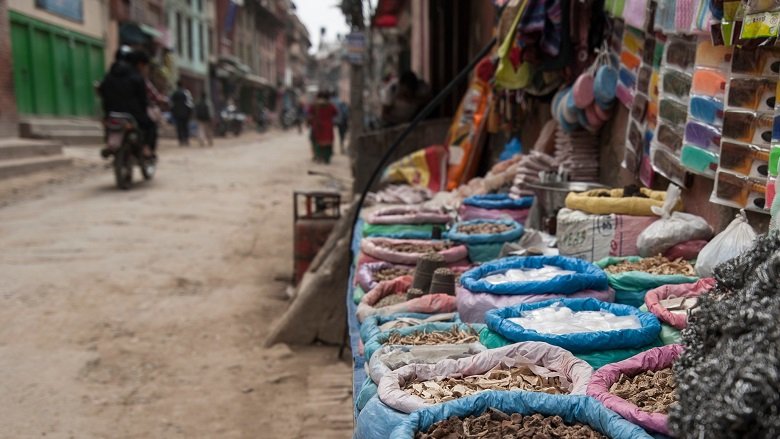Nepal cardamom (also known as ¡°black gold¡±) is not only a major ingredient in local cuisine, it is also one of the country¡¯s top 12 exports. In 2019, over US$44 million of whole, crushed, and ground .
For Nepalese traders, before the cardamon is exported, it has to be sent to neighboring India for testing. According to Sundar Dahal, Managing Director of ¨C a local import and export company ¨C driving 600km to get an export certificate is not uncommon. ¡°We don¡¯t have a proper testing lab in Nepal, so we have to drive across the border to get our products tested.¡±
Testing and certification helps traders, like Dahal, meet export requirements to ensure their products are safe for importing countries and do not introduce and spread any non-native pests, diseases, and other food safety hazards.
However, obtaining testing from India comes at a cost. Traders have reported that compliance verifications outside of Nepal can cost up to US$1,700 per shipment, representing in some cases 50 percent of its value. These hurdles mean that exporting cardamon ¨C a resource so readily available in the country ¨C and other valued agricultural commodities is often a costly and timely pursuit.
Traders also experience unpredictable export processing times and a multitude of other problems. Some cited a lack of information on requirements to expand into new markets, a lack of expertise by officials at border points, insufficient government capacities, as well as a lack of digitalization of trade processes that lead to burdensome and duplicate paper-based processes.



